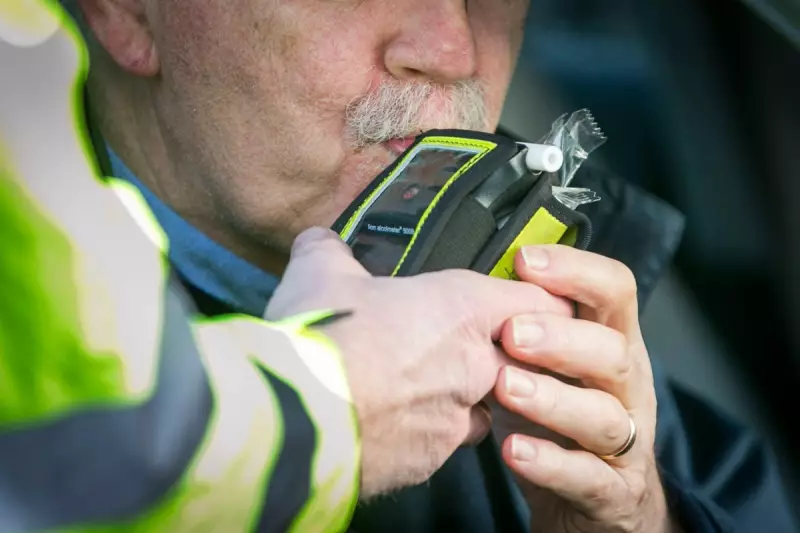
Road safety campaigners are urging the UK government to reconsider the current drink-drive limit, arguing that stricter regulations could save lives and reduce accidents. The debate comes as Scotland’s lower limit—introduced nearly a decade ago—shows promising results in curbing alcohol-related road incidents.
The Current UK Limit vs. Scotland’s Stricter Rules
In England, Wales, and Northern Ireland, the legal blood alcohol limit is 80mg per 100ml of blood—one of the highest in Europe. Meanwhile, Scotland lowered its threshold to 50mg in 2014, aligning with most EU countries. Experts suggest this change has contributed to a significant drop in drink-driving offences.
What Do the Numbers Say?
Studies indicate that even small amounts of alcohol impair driving ability. Research from the RAC Foundation reveals that drivers with just 20-50mg of alcohol in their blood are at least three times more likely to be involved in a fatal crash compared to sober drivers.
Arguments For and Against Change
Proponents of lowering the limit argue:
- Reduced fatalities and serious injuries
- Alignment with European standards
- Stronger deterrent effect
Opponents, however, raise concerns about:
- Impact on rural pubs and hospitality
- Potential over-policing of responsible drinkers
- Enforcement challenges
What’s Next?
With growing pressure from road safety groups, the UK government may soon face renewed calls to review the drink-drive limit. Whether policymakers will follow Scotland’s lead remains uncertain, but the debate highlights the ongoing struggle to balance public safety with personal freedoms.





